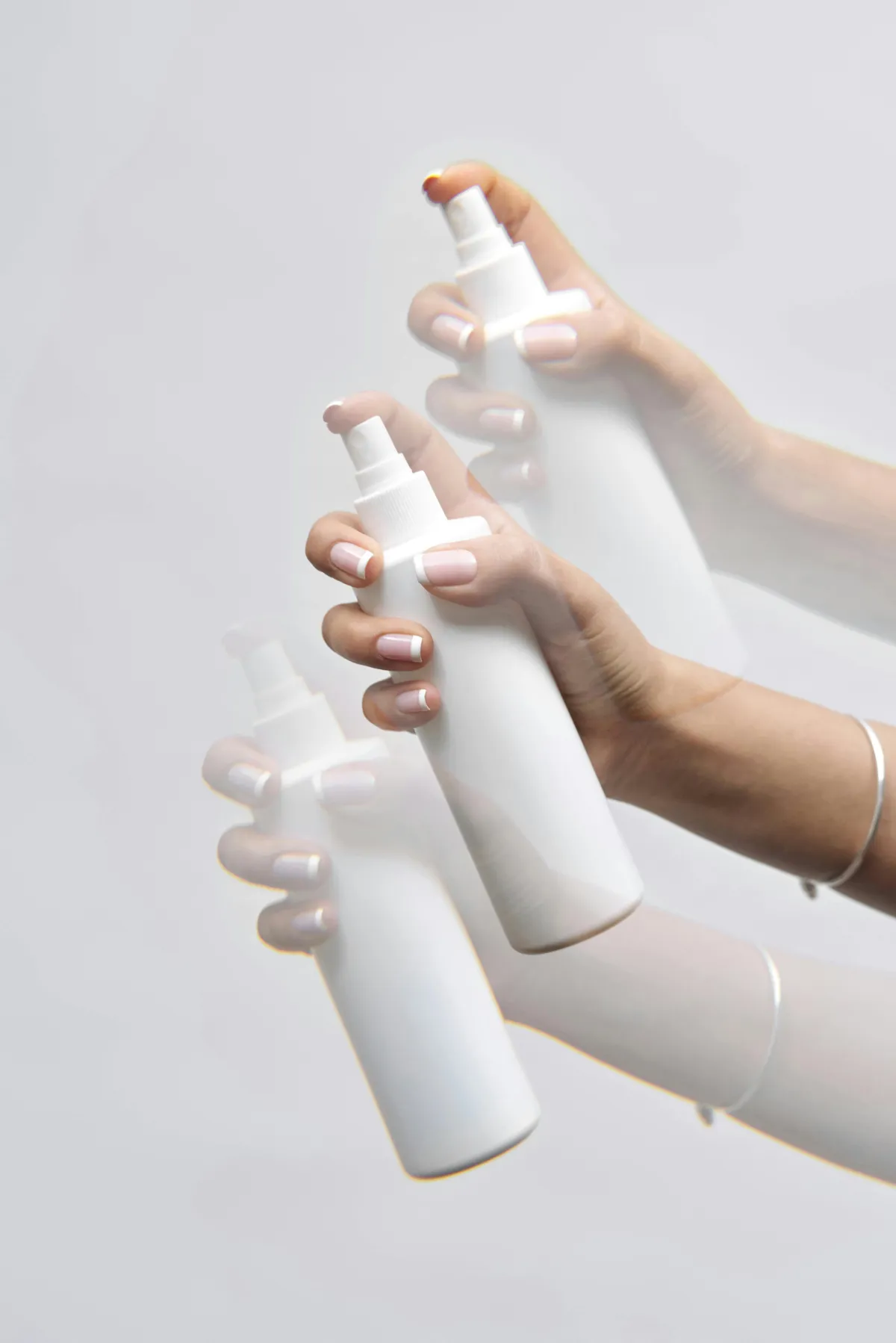
Good vs. Bad Alcohol in Skincare: What You Need to Know
Good vs. Bad Alcohol in Skincare:
What You Need To Know

Hello Everyone!
When you see "alcohol" on a skincare label, do you automatically assume it's bad? Many people do, but not all alcohols are created equal in skincare. Some can actually help hydrate, soften, and enhance your skin, while others may lead to irritation and dryness. Let's break down the difference so you can make better, more informed choices when it comes to your skin.
What is Alcohol in Skincare?
In skincare, "alcohol" can refer to a variety of ingredients, each with different properties and effects. Generally, alcohols in skincare fall into two categories:
Simple or drying alcohols
Fatty or beneficial alcohols
These types of alcohols serve different functions, and knowing the distinction can help you avoid products that may harm your skin and choose ones that support your skincare goals.
The "Bad" Alcohols: Drying Alcohols
First Let's look at simple or drying alcohols, sometimes known as the "bad" alcohols in skincare. These include ingredients like:
Ethanol
Isopropyl alcohol
Denatured alcohol
Methanol
These are typically used in skincare for their quick-drying, oil-cutting properties. They're often found in toners, acne treatments, and products designed for oily skin because they can help reduce shine and leave the skin feeling matte. However, here's where they can fall short.
Stripping the skin: These alcohols can strip the natural oils from your skin. This is especially problematic because these oils protect your skin barrier, which keeps out bacteria and environmental pollutants. Stripping them away can lead to dryness, sensitivity, and even breakouts as your skin tries to compensate by producing more oil.
Disrupting the Skin Barrier: Using too much of these drying alcohols can compromise your skin barrier over time, leading to redness, irritation, and potentially triggering conditions like eczema and rosacea.
while there's nothing inherently "toxic" about drying alcohols, they aren't the best choice for long-term skincare. If you have sensitive or dry skin, it's best to avoid these alcohols altogether. For those with oily or acne=prone skin, using them sparingly and pairing them with hydrating ingredients can help reduce their potentially harmful effects.
The Good Alcohols: Fatty Alcohols
Now let's talk about the "good" alcohols, also known as fatty alcohols. These include:
Cetearyl alcohol
Cetyl alcohol
Stearyl alcohol
Lauryl alcohol
These alcohols have a completely different structure and effect on the skin. They're derived from natural sources like coconut oil or palm oil, and here's why they're beneficial:
Moisture locking: Fatty alcohols act as emollients, meaning they help soften and smooth the skin, They can also create a barrier on the skin's surface that helps retain moisture, making them ideal for dry or sensitive skin types.
Enhance Product Texture: Fatty alcohols improve the texture of skincare products, making them creamier and more spreadable. This helps products go on smoothly and enhances your overall experience with them.
Barrier Support: Unlike drying alcohols, fatty alcohols help support the skin barrier by reinforcing the lipid layer. This means they're working with your skin's natural defenses rather than against them.
How to Identify Alcohols on the Label
When you're checking product labels. look for these key indicators:
Drying alcohols: Usually appear as ethanol, denatured alcohol, isopropyl alcohol, and methanol. These are best used sparingly and can be a red flag if they're listed as one of the top ingredients, especially if you have dry or sensitive skin.
Fatty alcohols: Often listed as cetearyl alcohol, cetyl alcohol, or stearyl alcohol. These are generally safe and beneficial for all skin types, and you'll often find them in creams, lotions, and moisturizers.
Choosing the Right Products for Your Skin
So, how do you decide which products with alcohol are for you?
For oily or acne-prone skin: Occasional use of products with small amounts of drying alcohol might help control oil production and reduce shine. But be mindful not to overdo it, as too much can dry out your skin and lead to overproduction of oil.
For dry or sensitive skin: Stick to products with fatty alcohols. These are far more hydrating and less likely to cause irritation. They'll provide that soft, creamy feel to products without compromising your skin barrier.
For combination skin: Look for balanced formulas that contain fatty alcohols and hydrating ingredients like glycerin or hyaluronic acid. These products are often formulated to provide hydration without overwhelming your oily areas.
Final Thoughts
Understanding the difference between drying and fatty alcohols is a game-changer for your skincare routine. With the right information, you can look past common misconceptions and select products that truly benefit your skin. Remember, it's not just about "good" or "bad" ingredients but how they work with your skin type and overall routine.
Take control of your skincare by getting to know what's in your products. Your skin will thank you!
-Becca xx